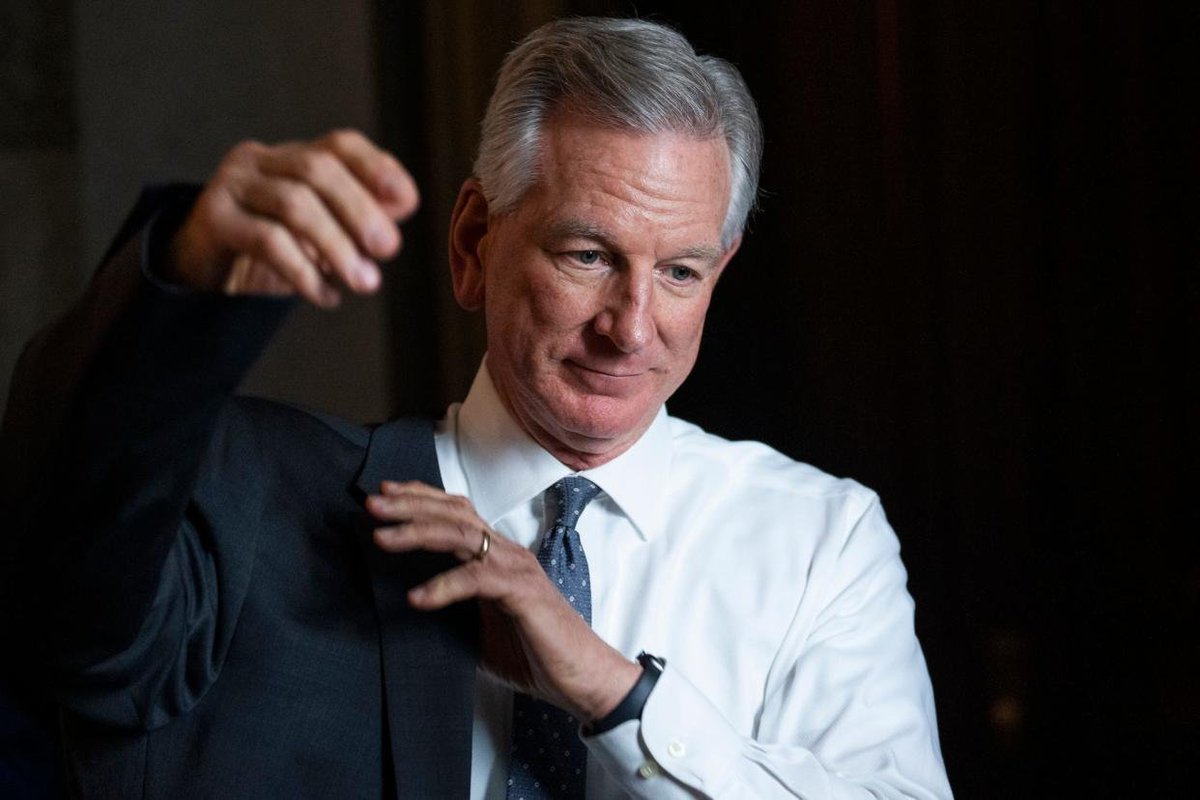Sen. Tommy Tuberville, a Republican from Alabama, has held up military appointments for nine months due to the Defense Department’s current policy of providing military members with reimbursement for out-of-state reproductive care, including abortions and fertility care. This policy was enforced after Roe v. Wade was overturned and the issue of abortion was left up to individual states. Regarding the use of this policy, in September, Senator Roger Wicker sent a letter to the Secretary of Defense Lloyd Austin stating that “I received information that the total number of women who have been granted administrative absence and reimbursed travel pursuant to this policy is approximately 12.” Tuberville’s protest has “held up more than 350 senior military positions” and created a strain on the other responsibilities of the Senate, as bringing up and passing each promotion would take a lot of time. Senate Democrats have circulated the idea of a new procedural proposal that would allow hundreds of promotions to be voted on at the same time. However, many have been wary of this proposal since it would require a transient change in the rules. Additionally, this proposal would require bipartisan support and at least nine Republicans to join and support the proposal.
Tuberville’s protest brings up a lot of important discussions surrounding bipartisan cooperation and the question of whether the protest is making America unsafe. On the subject of bipartisan cooperation, Tuberville has remained staunch on his position in the protest “unless the Department of Defense rescinds its policy or the Senate holds a vote to uphold it at a 60-vote threshold.” Tuberville’s protest of the Defense Department policy reflects the Republican party’s more conservative view on abortion, but many Republican senators are getting tired of the protest. Despite the rising tension, there hasn’t been much support for the change proposed by the Democrat senators as it would require a rule change. It would also require Republicans to step out and show their opposition to Tuberville’s views on abortion. This would be extremely difficult to do as it would go against the Republican party’s stance of being against abortion. While Tuberville isn’t opposed to discussion on his protest and claims he is open to compromise, his unmoving position shows that this seems to be more talk rather than action.
In regards to safety, many claim that Tuberville’s protest is putting U.S. national security at risk, especially with rising conflict in the Middle East. The block on military promotions has put a freeze on the dynamic structure of the military, which can have consequences on security. Recently, the new Marine Corps commandant, General Eric M. Smith, had a heart attack, and some politicians and military officials have suggested that General Smith’s medical situation was “because of his added workload as Mr. Tuberville’s tactics have blocked the confirmation of his deputy.” Despite the growing frustrations from both parties, many Republicans are wary of changing rules and add that changing a rule now might seem appealing to Democrats but can cause them problems later as the other party uses the change for their benefit. This inaction has led to a stalemate on what to do regarding Tuberville’s protest, especially since he shows no sign of slowing down.
Tuberville’s protest is not only holding up a lot of the responsibilities of the Senate and possibly causing problems for the military, but it also negatively impacts America’s safety. This is further exacerbated by the lack of compromise and communication between Tuberville and the rest of the Senate as other senators look for a way to get around the blockade. Tuberville’s protest brings up the important discussion surrounding how far politicians should be able to go when proving a point, especially if it is deeply impacting other American institutions. Since Tuberville has admitted that he isn’t shifting from his position, the only possible solutions to get over this blockade is either for the Defense Department to rescind its policy or for the proposal to gain support and go through. Both of these possibilities involve significant changes to policies or rules that take time to make, but during this time period, there is still strain on the military and America’s safety.
Saisha Islam, FCRH ’25, is a biology major from New York, N.Y.











































































































































































































